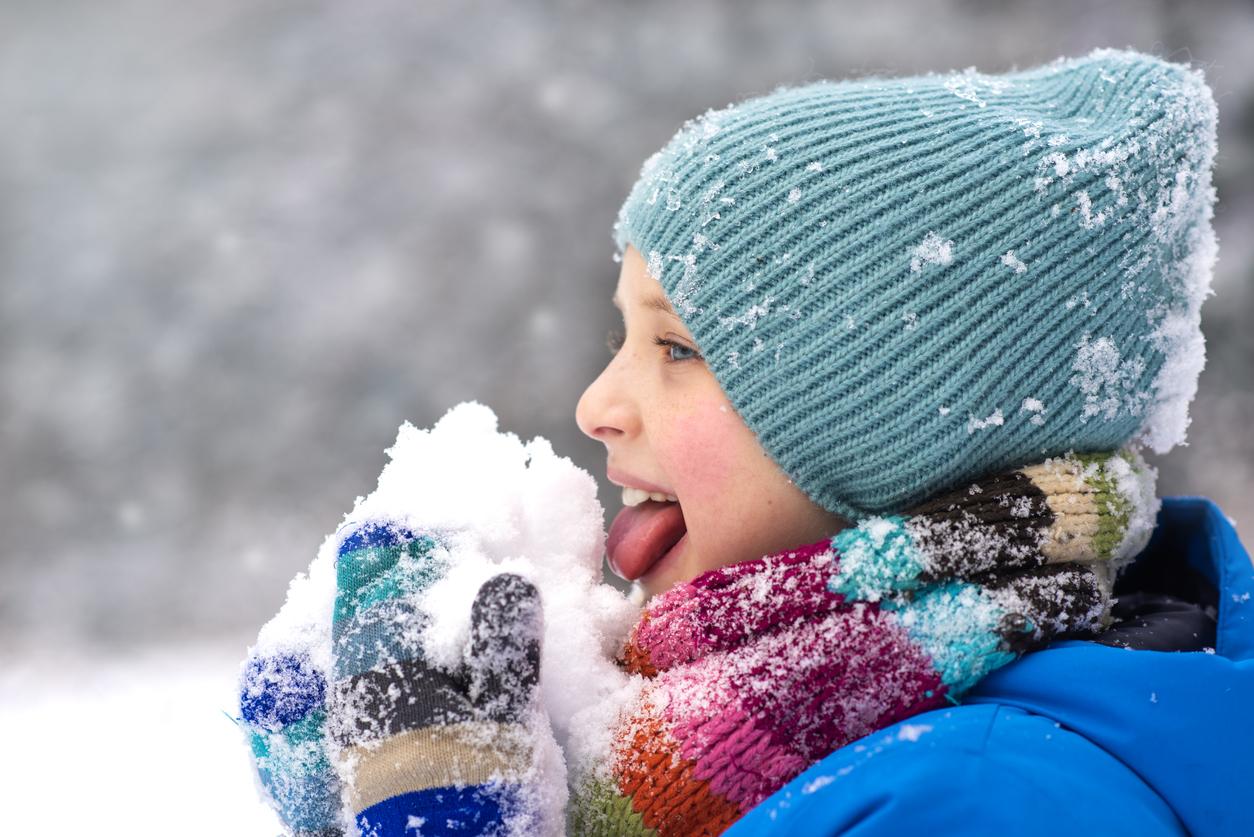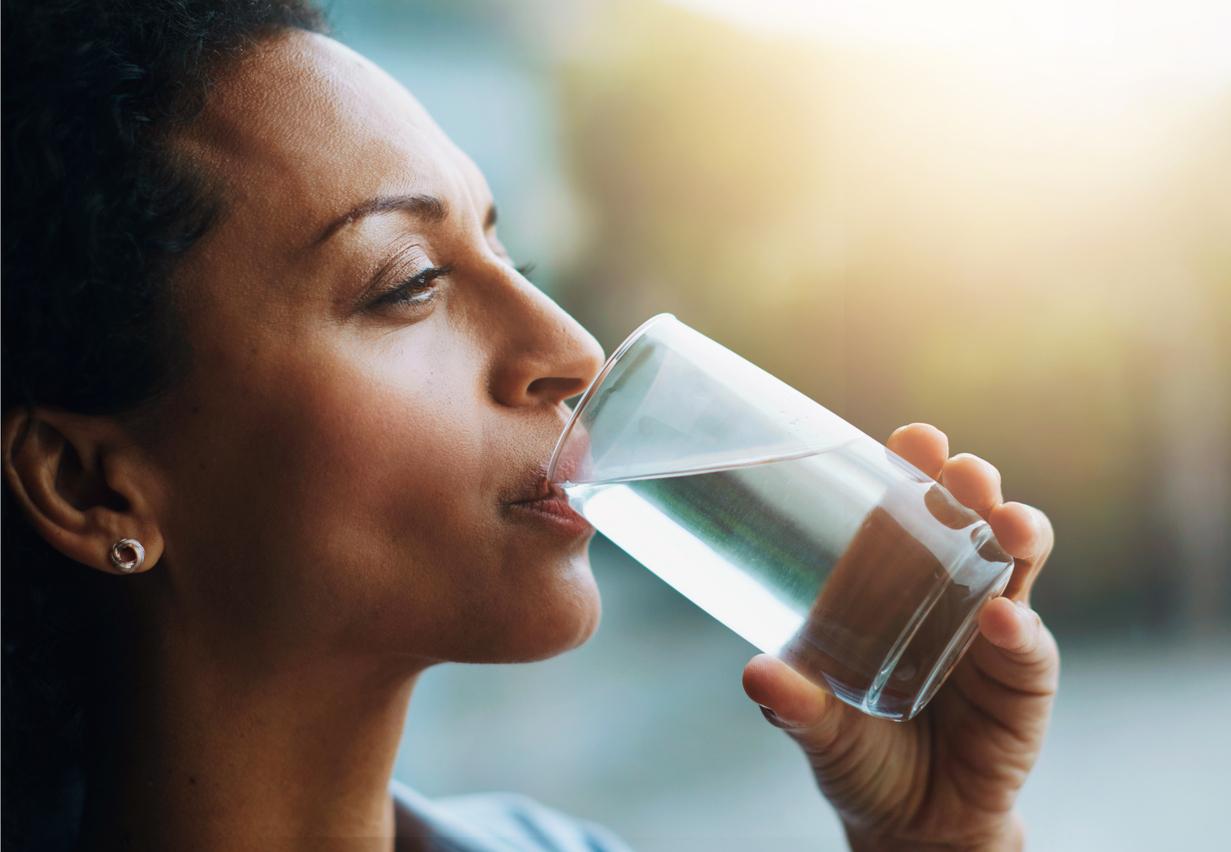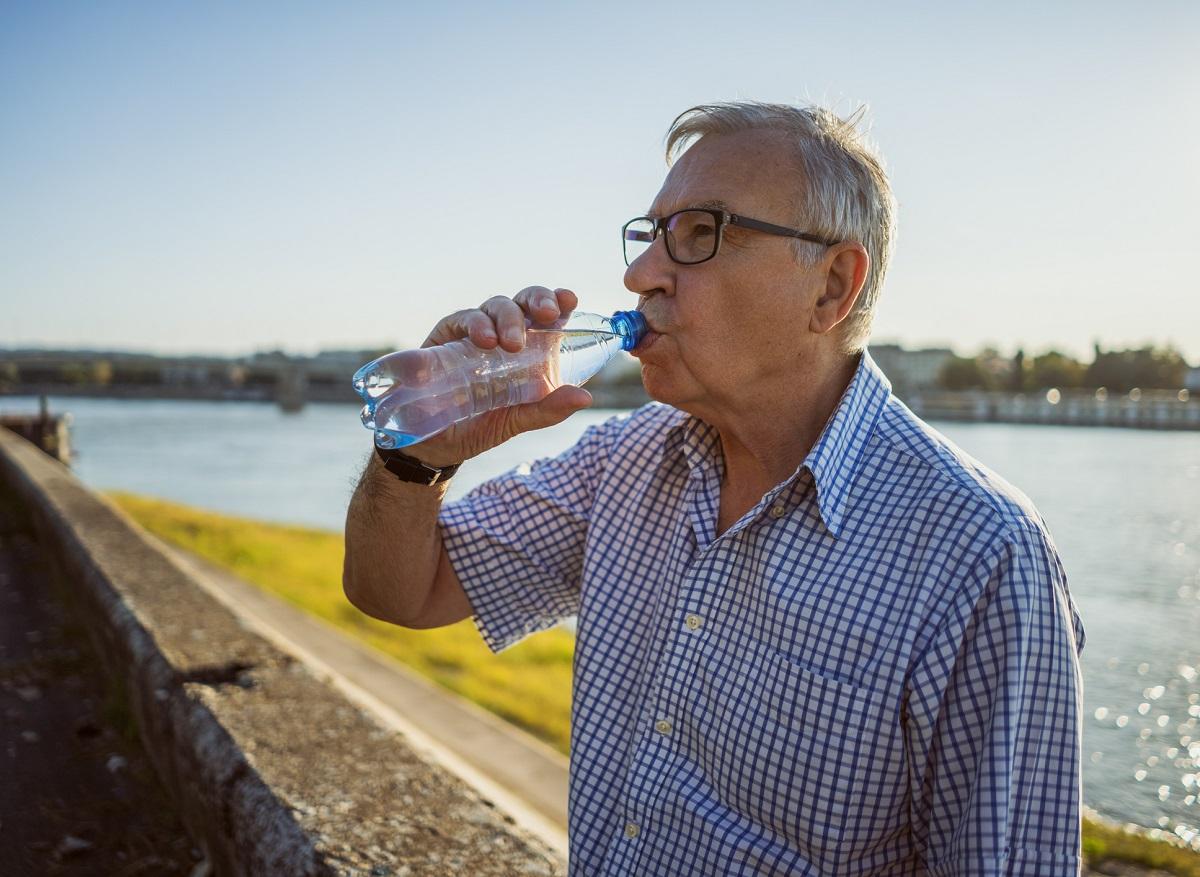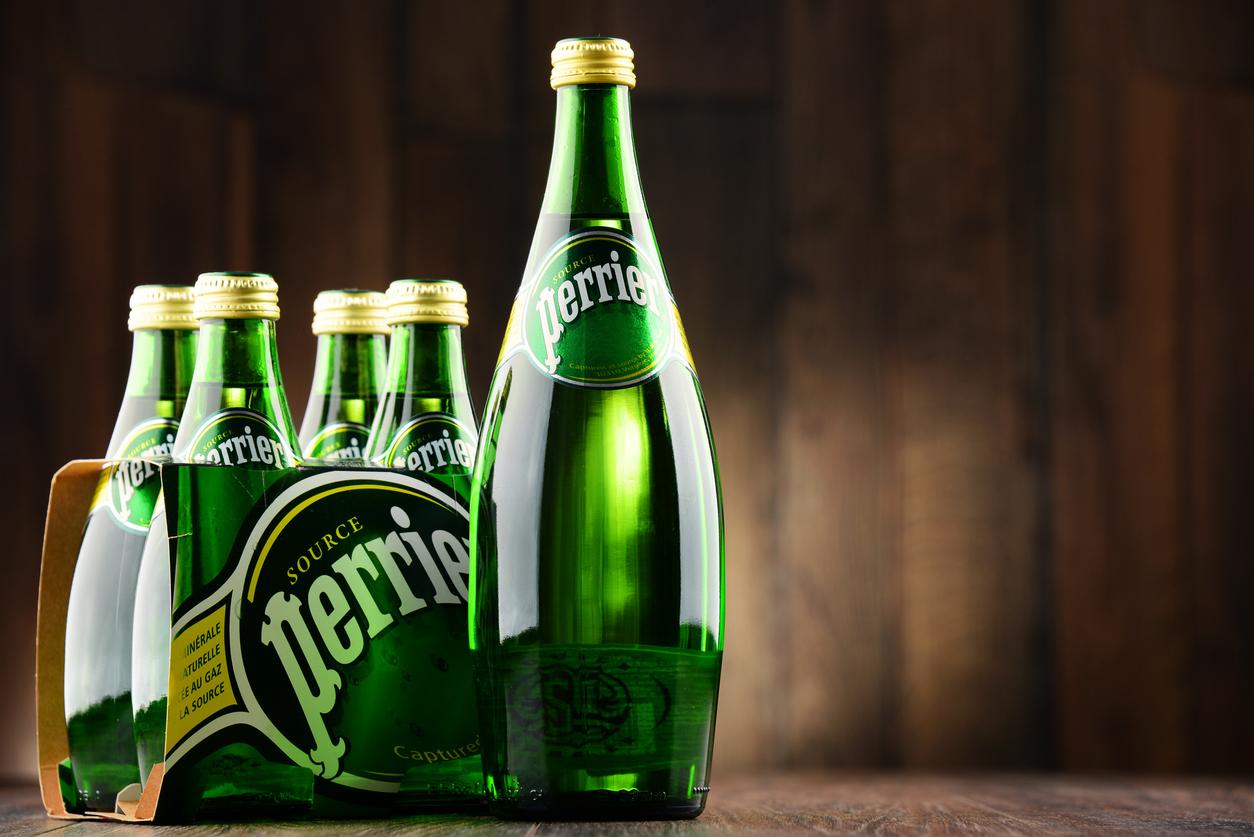How much water should you drink ideally? What does it depend on? Do hydration criteria differ according to organisms? Especially when it’s hot, we wonder about the rules to stay hydrated. And besides, can we drink too much water? Can water become dangerous to health in a certain proportion? We take stock.
In a recently published article on 20 Minutestwo doctors explain that the amount of water needed depends on what the body “expends”. In general, it is advisable to drink 1.5L of water daily, but if it is very hot and you have a physical activity that makes you sweat, you can drink more. Without particular physical activity, “you should not drink more than three liters of water per day”, explains Géraldine Pignot, urologist with the daily newspaper. ” The rule is not to bring in more than your urinary system is capable of excreting. “.
What is the mechanism of overhydration?
Too much water leads to poisoning. As the body can no longer process it, it enters the cells and causes headaches, nausea, confusion,… Hyperhydration is simply the fact that the body absorbs more water than he doesn’t lose any.
The problem with this excess hydration is that it leads to a sodium deficiency in the blood, which is called hyponatremia. Gold, the brain is particularly sensitive to changes in the level of this electrolyte in the blood. It causes brain dysfunction. Older people are more likely to develop severe symptoms.
Symptoms of water intoxication
The Academy of Medicine explains that hyperhydration “is clinically manifested by weight gain and cutaneous and serous edema. In severe forms, it leads to serious clinical disorders of a digestive and especially nervous nature with the risk of convulsions and coma. » The most problematic is if this hyperhydration occurs quickly, note the MSD Manualbecause brain cells do not have time to adapt.
How do you know if you are suffering from overhydration?
The MSD manual mentions a physical examination first, then blood and urine tests. And specifies: “Doctors try to differentiate hyperhydration (excessive amount of water) from an increase in blood volume by examining the person in order to detect possible signs of weight gain and edema and by carrying out analyzes of blood and urine to check electrolyte levels. »
It can be treated, in particular by reducing the intake of liquids. Patients are then limited to less than 0.9 liters per dayand if there is no other health problem, it goes back to normal in a few days.
Sometimes overhydration is not due to drinking too much water, it can be related to kidney, liver or heart disease. In this case, “reducing sodium intake is also helpful because sodium retains water in the body,” notes the MSD Manual. Another cause of water intoxication is a psychiatric condition, which involves drinking water uncontrollably, this is called potomania.
Sources: MSD Manual, 20 Minutes, Academy of Medicine
















